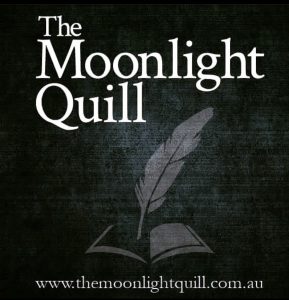
I first became interested in reading The Plague by Albert Camus after watching a delightful French film titled La Tete En Friche, or My Afternoons With Margueritte as it is know in the English speaking world. In this film Germain Chazes, played by Gérard Depardieu, a semi literate man who makes a living by doing odd jobs around his home town befriends Margueritte Vandeveld, played by the late Gisèle Casadesus, a well read older woman who spends her days reading in the local park. they get to talking one day as he sits down to have his lunch, and as they converse she captures his imagination by describing the book she is reading. Gradually, as they meet on subsequent days, she introduces him to different writers and their work and their friendship blossoms. He discovers the joy of literature and this begins to affect the way he sees the world and those around him. In one particular interaction she reads a passage from The Plague and he is captivated by the image being described. This film captures brilliantly the ability that great writers have to transport us to other worlds, other circumstances, often making us ask ourselves “how would I handle this situation?”. So I got myself a copy, read it and enjoyed. The thought never crossed my mind that one day we would be living it.
Fast forward to 2020, the year of OUR plague. I like the rest of the world was happily going about my business living life as best as I knew how. There was a trip to Japan all booked and ready to go and I was reading Between The Eagle and The Sun, a travel memoir by Ihab Hassan getting myself ready to be immersed in Japanese culture when the virus escalated, spread and two days before our departure, international flights were cancelled and Australian borders were closed. I decided to put the travel memoir aside till the trip to Japan could be re-booked and thought I would re-visit The Plague just to see how it would inform my own experience during this event the likes of which, as far as I am aware, we have no living account of. at least not one that is readily available.
Since it’s publication in 1947, there have been different takes on the symbolism of this book. Some saying The Plague represents the then recent Nazi occupation of France and the effects this had on the population and their way of life. Some say this is rubbish and The Plague represents an actual plague. Regardless of the view taken by the reader, what Camus does so well in this book is that he shows us the effects an event of this magnitude can have on us, how it influences our behaviour and our relationships. Wether this was achieved by his research into accounts of Bubonic plague throughout history or him being a follower of absurdism, a branch of philosophy which states that life is meaningless. That we stumble along trying to find meaning in a meaningless world and that when we have to put things on hold because of this type of event we come to the realisation that it was all for nought, life continues to hold no meaning. We are but a fragile species bound by to the whims of destiny.
In The Plague Camus brings together a cast of characters who each contribute to the plot a somewhat different way of handling the epidemic. From Dr. Rieux who bears the brunt of the work with a lack of resources and personnel to Rambert, a journalist who gets stranded in town after the gates are closed and does everything in his power to get back to his girlfriend in Paris. Even going as far contracting people to smuggle him out before questioning himself and his supposed selfishness. And Father Paneloux, the Jesuit priest who sermonises that the plague is a punishment from God. Here Camus does a good job of pitting Science vr’s religion.
I could go on with character analysis but that could take a while. In short I found that as much as each character contributes to the story in the end the magnitude of an epidemic or pandemic as is our case, renders everyone helpless, we all end up on the same boat as it were. do you fight back in denial or do you accept it, let it run it’s course and pick up the pieces afterwards?
upon my second reading of The Plague and sitting at home keeping up with the news of the day which is mostly pandemic centred I have come to the conclusion that whatever your opinion of this virus, wether you believe in it’s severity or not and your opinion of it’s handling by those in power, especially here in Victoria, we are simply bound to it’s whims, sentenced to wait it out. And yes, in the end we are all on the same boat.
If you have a spare 12 minutes I highly recommend this Youtube video for some further insight into The Plague of Albert Camus and our plague.
Thanks for reading.
SUPPORT THIS PROJECT ON PAY PAL
Check out the socials!
TikTok



No comments yet.